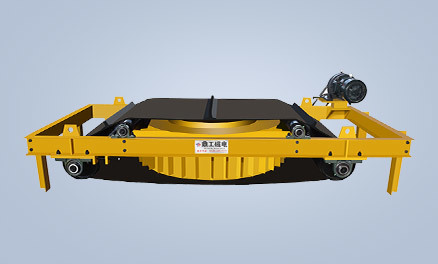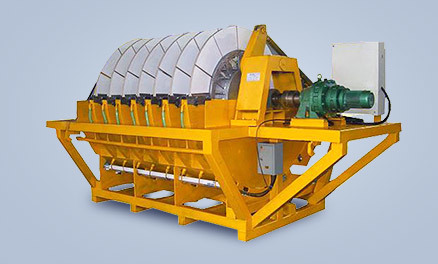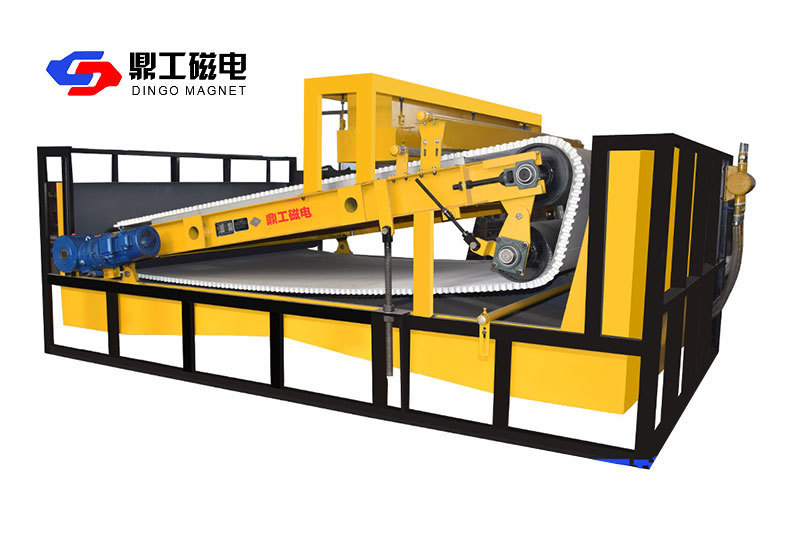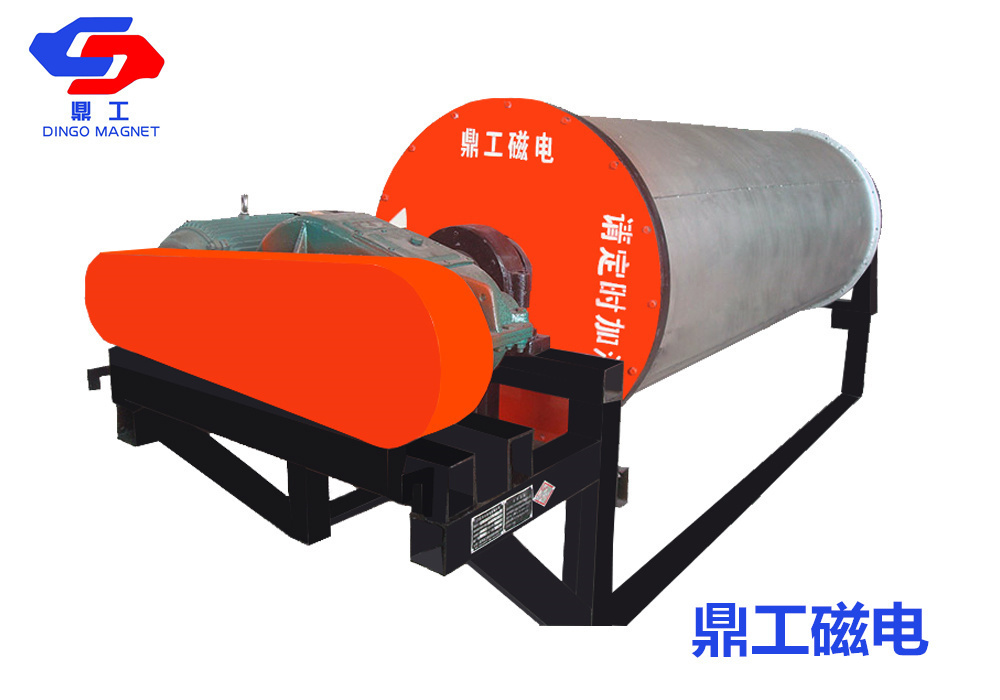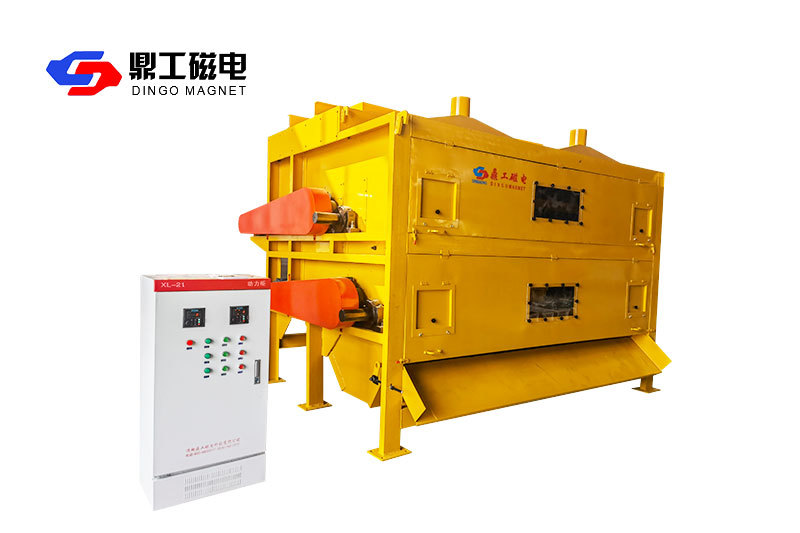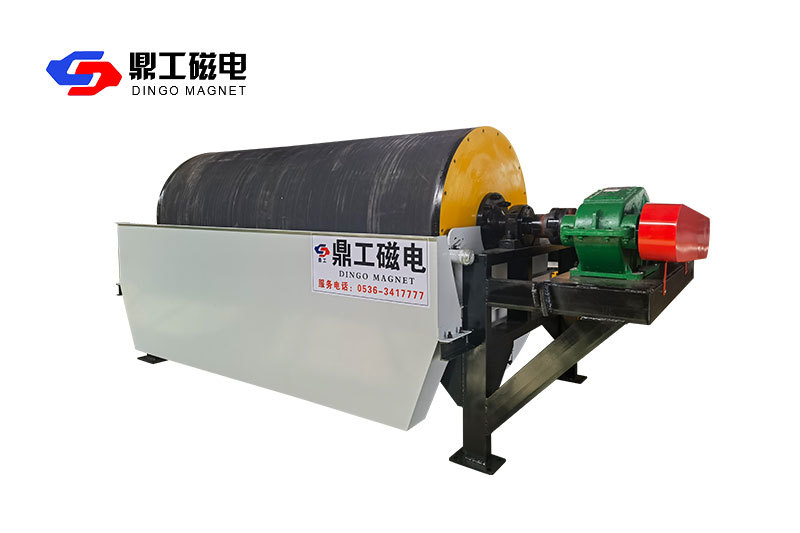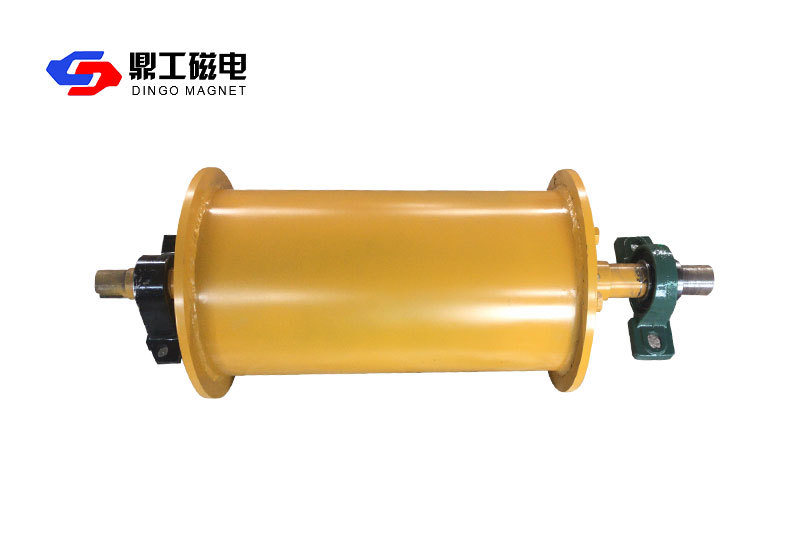14
2025
-
11
Unlocking the Power of MACS Magnetic Cell Separation: A Revolution in Cell Sorting
Discover how MACS magnetic cell separation is transforming biomedical research and diagnostics.
Introduction to MACS Magnetic Cell Separation
Have you ever wondered how scientists manage to isolate specific cells from a complex mixture? Enter the world of MACS magnetic cell separation, a game-changer in the field of biomedical research. This innovative technology not only streamlines the cell sorting process but also enhances the accuracy of findings in various applications, from cancer research to stem cell therapy. Buckle up, as we dive into the fascinating world of MACS!
What is MACS Magnetic Cell Separation?
At its core, MACS (Magnetic-Activated Cell Sorting) is a technique that uses magnetic fields to separate cells based on their surface markers. Imagine having a massive crowd and needing to find a few specific individuals. Instead of searching through the crowd, wouldn't it be easier to make those individuals wear a bright, magnetic badge? That's exactly how MACS works!
The Science Behind the Magic
Alright, let's get a bit technical here! The process begins with tagging the target cells with magnetic beads coated with specific antibodies. Once the beads are attached, the mixture is placed in a magnetic field. Here's where the magic happens: the cells bound to the magnetic beads are drawn towards the magnet, while the unwanted cells are left behind. Voila! You've got your desired cell population ready for analysis.
Why Choose MACS?
Now, you might be asking, “Why should I opt for MACS magnetic cell separation over other methods?” Well, let me throw some compelling reasons your way:
- High purity and yield: MACS provides exceptional purity levels, making it easier to work with isolated cells.
- Speedy process: The entire separation process can be completed in just a few hours, saving precious time in the lab.
- Scalability: Whether you're working with a small sample or a large batch, MACS can adapt to your needs.
Applications of MACS Magnetic Cell Separation
This technology isn't just a theoretical concept; it has practical applications across various sectors:
- Immunology: Isolating specific immune cells can help researchers understand autoimmune diseases better.
- Cancer research: By isolating tumor-infiltrating lymphocytes, scientists can develop targeted therapies.
- Stem cell research: MACS allows for the efficient isolation of stem cells for regenerative medicine.
The Future is Bright!
As we continue to explore the intricacies of biological systems, the demand for efficient and reliable cell separation techniques will only grow. MACS magnetic cell separation is paving the way for groundbreaking discoveries and advancements in personalized medicine. And with ongoing research and development, who knows what new applications will emerge next?
Conclusion
In a nutshell, MACS magnetic cell separation is revolutionizing the way we approach cell sorting in research and diagnostics. Its efficiency, purity, and versatility make it a go-to choice for scientists around the globe. So, the next time you hear about this nifty technique, you'll know it's not just another lab buzzword—it's a powerful tool that's shaping the future of biomedical research!
macs magnetic cell separation
PRODUCTS
PRODUCTS
Related Products



